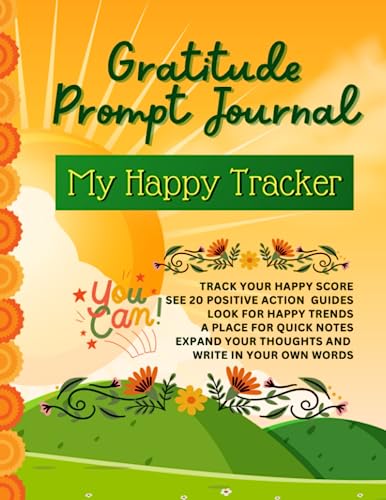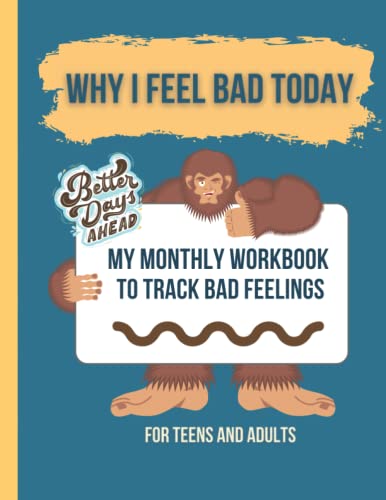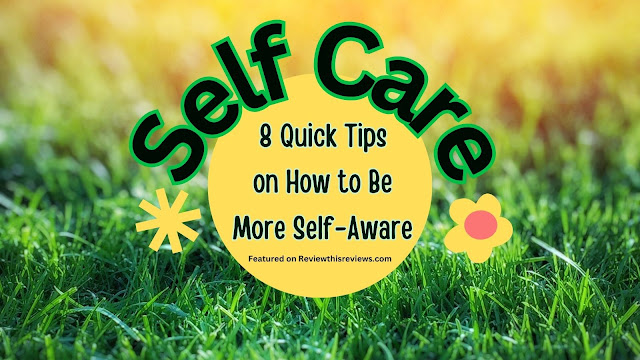In a world filled with constant distractions and stressors, journaling is a timeless practice that nurtures our mental well-being and fosters a positive mindset.
Recognizing the stresses that face us daily, I've designed and created five different styles of prompt journals over the past several years. My research began with the fundamentals of journaling, why it matters, and how it helps to create a positive mindset.
In this article, I delve into why journaling is essential to maintaining a positive mindset and offer five practical tips to ensure a successful and fulfilling journaling practice.
Why Journaling Helps With Attaining Positive Mindset:
By putting pen to paper, we unlock a portal to self-discovery, introspection, and emotional release.
Journaling provides a safe self-care haven to express our thoughts, emotions, and experiences, allowing us to gain clarity, reduce anxiety, and cultivate gratitude.
Emotional Catharsis: Journaling provides a healthy outlet for processing and releasing emotions, reducing the burden of unresolved feelings and promoting a sense of relief.
Self-Reflection: Regularly writing in a journal allows us to gain insight into our thoughts and behavior patterns, leading to greater self-awareness and personal growth.
Gratitude Cultivation: By jotting down things we are grateful for, we shift our focus from negativity to positivity, fostering an attitude of appreciation and contentment.
Stress Reduction: Journaling can lower stress levels as it helps us organize our thoughts and encourages problem-solving and coping strategies.
Positive Affirmations: Writing positive affirmations and declarations can boost self-confidence and reinforce a positive self-image.
Tips for Successful Journaling:
Set a Regular Schedule: Establish a consistent journaling routine, whether it's daily, weekly, or whenever you feel the need to express yourself. Consistency will make journaling a habit.
Create a Sacred Space: Designate a special corner or use a beautiful journal to make your writing experience more enjoyable and encourage you to return to it regularly.
Embrace Freewriting: Don't worry about grammar or structure; just let your thoughts flow freely onto the page. This technique helps you bypass your inner critic and fosters authentic expression.
Focus on the Positive: While it's important to acknowledge challenges, try to shift your focus toward positive experiences, gratitude, and achievements in your journal entries.
Use Prompts and Themes: When you need inspiration, use journaling prompts or themes to kickstart your writing. Explore topics like personal growth, aspirations, or daily wins.
Journaling is an invaluable companion on the journey to a positive mindset, providing us with a space to process emotions, gain insight, and cultivate gratitude. Putting our innermost thoughts onto paper carries the power to heal, uplift, and transform our perspectives on life.
Journaling Can Be A Challenging Commitment to Make
It can be tough to write in a journal every single day, but it's important to keep up with it, even if we miss a few days.
That's why I've compiled these easy-to-use prompt journals featured below and available on Amazon.
These journals are designed with specific topics in mind and offer handy prompts that help you keep track of your emotions and thoughts about whatever's going on in your life.
And here's a neat feature in several of these journals - you can score your mood. It's a nifty way to see how you're feeling over time and better understand your overall disposition.
You can check out the journals below; they're available on Amazon:
Gratitude Prompt Journal My Happy Tracker: A Helpful Guide to Track What Makes You Happy and Help You Visualize Triggers and TrendsWhy I Feel Good Today: A Fun Colorful Monthly Workbook to Instantly Track Good Feelings - For Teens and AdultsI Need Help Thinking Positive: A Negative Thoughts Workbook For Adults - 31 Days with Four Easy Prompt Questions Repeated Daily to Track Those ... What Common Threads May Be Triggering ThemWhy I Feel Bad Today: A Casual Full Color Workbook For Teens and AdultsSelf Awareness Workbook - Comprehensive Introspection: 196 Detailed and Thought Provoking Questions to Ask Yourself



































